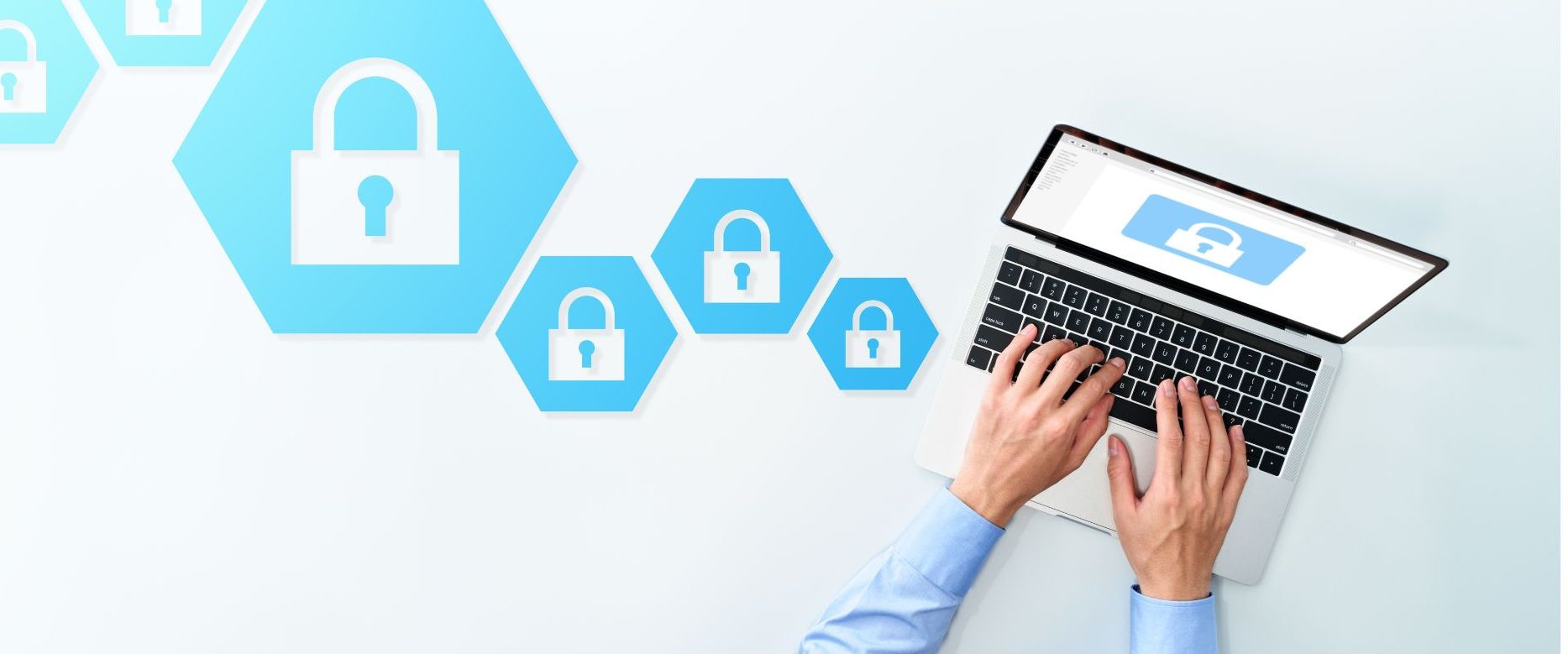Why Law Firms Rely on Transcription for Case Documentation
Transcription’s Relevance in the Legal Profession
When building a compelling legal case, precision isn’t optional — it’s the foundation. Every single word, pause, and utterance in a legal proceeding carries meaning and potential consequences. Whether it’s a statement from a witness, an audio recording of a deposition, or an interaction in court, the spoken word becomes part of the legal fabric. But spoken words can be misheard, forgotten, or lost altogether. This is where legal transcription steps in as an essential process to capture those moments in written form.
Legal transcription involves converting spoken words from legal proceedings into accurate and formatted written documents. While it may sound like a routine clerical task, its value stretches far beyond that. For solicitors, barristers, paralegals, court reporters, and compliance officers, transcription is not just helpful — it’s integral to ensuring consistency, precision, and compliance throughout the legal process.
This short guide explores why law firms rely so heavily on transcription services for case documentation. More importantly, it looks at how these services can improve day-to-day legal workflows and long-term case outcomes. We also explore a few common questions legal professionals ask:
- Why can’t we just rely on audio recordings alone?
- What makes a transcript legally compliant and court-ready?
- How do accurate transcripts affect case strategy and preparation?
- Is outsourcing transcription safe for confidential legal matters?
- Can AI transcription tools meet legal standards on their own?
We explore 10 practical reasons behind transcription’s ongoing relevance in the legal profession and how it continues to evolve with modern practices.
10 Legal Transcription Applications
1. Transcribing Depositions and Witness Statements for Accuracy
Accuracy is non-negotiable in law. Depositions and witness statements are often recorded during preliminary legal proceedings, sometimes under significant pressure or emotional strain. Transcribing these exchanges ensures that the context, emphasis, and full meaning of each word are captured and preserved in a verifiable format.
Legal teams need certainty. That means being able to read back what was said, line by line, without ambiguity. A reliable transcript gives lawyers the foundation for arguments, objections, and references that hold up under scrutiny.
In some cases, courts may require transcripts to determine admissibility of testimony, especially when the original audio is unclear or disputed. Legal transcription provides an objective resource that can be used for appeals or reviews down the line.
- Guarantees word-for-word accuracy
- Minimises misinterpretation of spoken testimony
- Builds a defensible case backed by verifiable records
- Useful in appeal processes and reviewing disputed content
2. Creating Searchable Records of Legal Proceedings
Audio files may store the information, but they don’t make it easy to retrieve. Searching through hours of recordings for one comment or phrase is inefficient. Legal transcription services create written records that are searchable by keyword, name, or phrase.
Legal professionals can use these transcripts to quickly locate crucial information, saving hours of audio playback. This speeds up everything from internal strategy meetings to pre-trial research.
Advanced legal software now integrates with transcribed documents, allowing lawyers to mark up, annotate, and tag key sections for collaboration.
- Enhances accessibility of legal information
- Makes cross-referencing efficient and reliable
- Supports legal software integration and digital storage
- Enables faster decision-making and streamlined review
3. Ensuring Compliance with Legal Documentation Standards
Not all documents are created equal. Legal documents must comply with precise formatting, structure, and confidentiality standards. A transcript that doesn’t meet these can be rejected or challenged in court.
Legal transcription services are familiar with court-specific requirements, including speaker identification, timestamping, margin settings, and redactions. Professionals in this space are trained to produce transcripts that pass legal scrutiny.
In addition, using certified legal transcriptionists ensures that the process is documented, secure, and traceable.
- Maintains legal compliance across jurisdictions
- Reduces risk of rejected documents
- Offers certified and court-approved formatting
- Adheres to confidentiality and data protection policies

4. Supporting Case Preparation and Evidence Analysis
A well-prepared legal team is an effective legal team. Access to organised, written versions of depositions and hearings allows lawyers to spot inconsistencies, connect themes, and shape arguments.
Legal transcription helps uncover patterns across multiple testimonies or timelines. For example, a contradiction between a witness’s earlier deposition and in-court statement becomes easier to detect and highlight in a transcript.
Whether preparing for mediation, arbitration, or trial, lawyers often build their core case strategy on transcribed evidence.
- Enhances discovery and review processes
- Helps shape effective cross-examination tactics
- Reveals inconsistencies, omissions, and corroborating details
- Supports structured development of case themes
5. Enhancing Collaboration Among Legal Teams
Law firms operate as multi-person teams. From junior researchers to lead counsels, everyone needs access to the same reliable documentation. Transcripts offer a universal point of reference.
Instead of one person replaying an audio file and summarising it for others, teams can read, annotate, and comment directly on the same document. This not only saves time but ensures that everyone works from the same source.
Team collaboration is also more productive when documents are in text form, particularly when working across departments or external partners.
- Provides consistent reference material for all staff
- Encourages document-based communication and planning
- Makes onboarding new team members or external experts easier
- Reduces misunderstandings and miscommunication
6. Reducing Human Error in Note-taking
Even with the best intentions, people miss things. Note-taking during depositions or hearings is inherently flawed — fast-paced speech, complex terminology, and multiple speakers create challenges.
Legal transcription replaces handwritten or digital notes with comprehensive records. These transcripts don’t rely on memory or interpretation. They offer clarity. This is especially important when evidence must be scrutinised in detail, such as in fraud cases or complex contractual disputes.
- Eliminates the fallibility of manual notes
- Supports post-hearing analysis with complete context
- Reduces the burden on administrative staff
- Enables audit trails and clear documentation paths
7. Improving Efficiency in Legal Research and Reference
Legal teams spend a significant portion of their time reviewing previous case files, statutes, and testimonies. Transcripts improve the speed and accuracy of this research.
Whether searching for precedent or comparing multiple depositions, having a written record makes all the difference. Many legal researchers use document comparison tools to highlight differences and trends across transcripts.
Some firms integrate these records into AI-assisted research tools, which further enhances their capacity to build arguments efficiently.
- Streamlines historical case referencing
- Speeds up review of high-volume data
- Reduces reliance on memory and manual indexing
- Supports use of smart legal research technologies
8. Aiding Accessibility and Inclusivity
Diversity in legal teams is growing, and so is the need for accessible resources. Written transcripts allow participation by professionals with hearing difficulties or neurodiverse processing needs.
They also assist in multilingual practices, where materials may need to be translated or adapted for use across jurisdictions. Transcripts can be translated more easily than audio, and they provide a visual aid for understanding complex speech patterns or legal jargon.
Inclusive documentation practices aren’t just good ethics — they’re good business.
- Promotes equal access to case materials
- Supports compliance with accessibility legislation
- Aids in multilingual interpretation and translation
- Helps accommodate various cognitive processing needs

9. Archiving and Record-Keeping for Future Use
Legal matters don’t always end with the verdict. Appeals, reviews, and even media inquiries often come months or years after the initial case closes. Having a clear, retrievable, and dated transcript can be critical.
Transcripts form part of a law firm’s intellectual capital. They help with precedent analysis, future litigation, and internal training. Many firms build internal databases of past transcripts for reference. Whether it’s an internal dispute or external legal challenge, clear documentation builds a defensible history.
- Creates long-term legal audit trails
- Preserves institutional memory and knowledge
- Useful in insurance claims and complaint resolution
- Helps with legal education and precedent building
10. Leveraging AI and Technology in Legal Transcription
Legal transcription has embraced technology, but it hasn’t lost the human touch. AI-driven tools can generate draft transcripts quickly, which are then polished by human transcribers for full accuracy.
This hybrid approach speeds up turnaround times while maintaining legal quality. Some law firms are also using voice recognition integrated directly with case management systems.
The technology makes transcription scalable — especially useful for large litigation cases with hundreds of hours of recorded material.
- Accelerates transcript delivery timelines
- Supports high-volume caseloads with minimal lag
- Reduces costs without compromising on quality
- Enables seamless integration into digital workflows
Key Tips for Legal Professionals Using Transcription Services
- Partner with transcription services experienced in legal compliance to ensure your documents meet jurisdictional standards.
- Review transcripts in-house before submission or filing to ensure context is preserved and no interpretation errors exist.
- Use digital case management systems that can integrate transcripts and enable secure, collaborative access.
- Implement strong data privacy practices when transferring sensitive audio files.
- Standardise your transcript formatting with your provider to streamline your internal document management.
Legal transcription remains a foundational pillar of reliable, professional legal practice. It bridges the spoken word and the written record, transforming complex interactions into structured documentation that legal teams can use with confidence.
Throughout this short guide, we’ve explored how transcription services support case preparation, enforce documentation standards, and improve collaboration among solicitors, barristers, paralegals, and compliance officers. Transcripts make legal content accessible, searchable, and defensible.
By reducing human error, enhancing research capabilities, and improving record-keeping, transcription enables legal teams to work smarter, faster, and with more assurance. It supports transparency in the legal process and gives legal professionals the tools they need to advocate effectively for their clients.
Ultimately, transcription isn’t just about writing down what was said — it’s about ensuring that what was said can be trusted, used, and understood. And in legal practice, that level of trust is everything.
Further Legal Transcription Resource
Legal Transcription Resource: Wikipedia -Learn more about what legal transcription involves and why it’s so important in maintaining courtroom and deposition accuracy.
Way With Words Transcription Resource: Looking for professional, high-accuracy transcription? Way With Words provides transcription services that meet legal standards.
